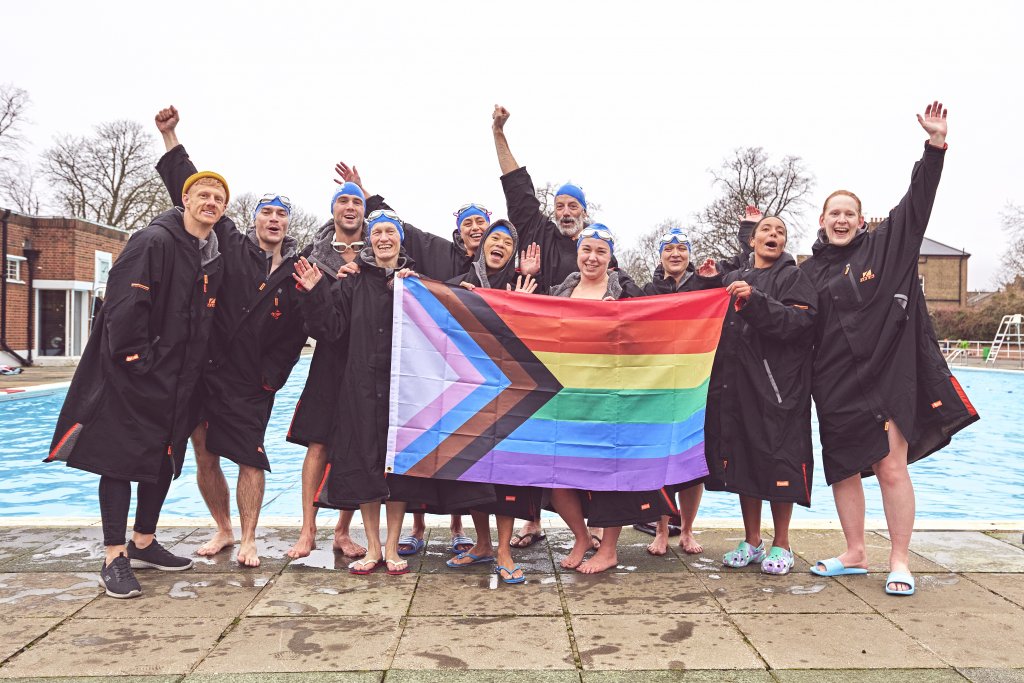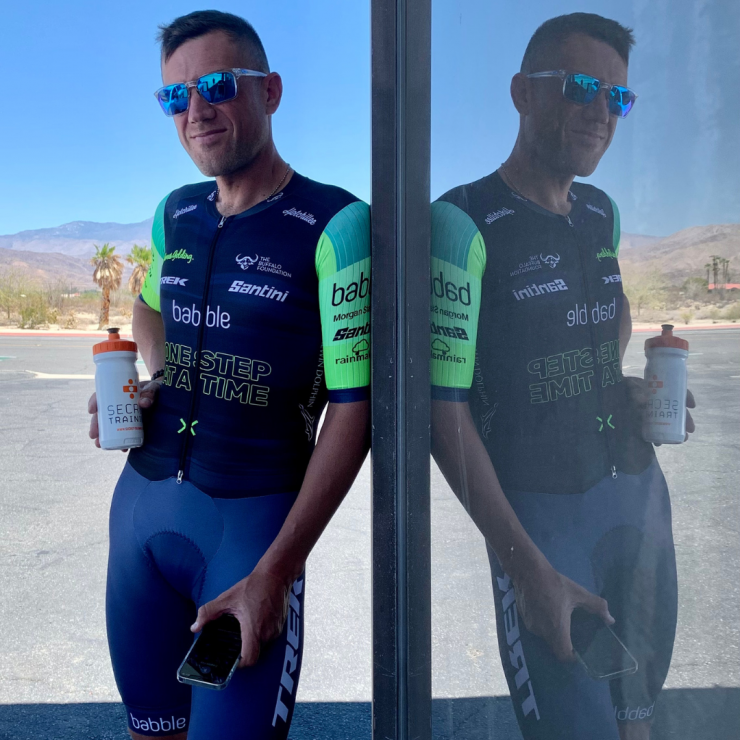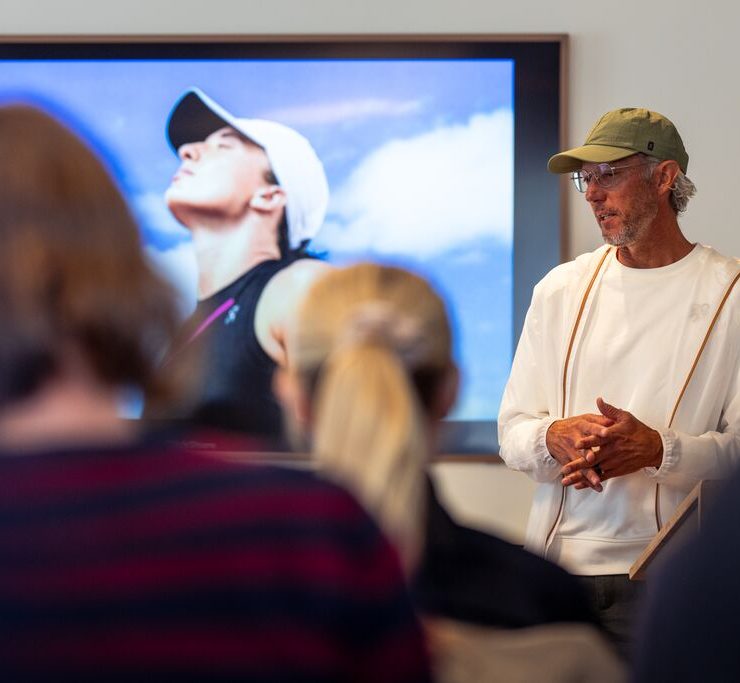by Andy Waterman.
Bad Reputation, Joan Jett and the Blackhearts“I don’t give a damn ’ bout my bad reputation”
My kids have been listening to a lot of Joan Jett recently. After clothing, feeding and getting them to school on time, it’s every parent’s job to pass on their taste in music – you can’t leave them at the mercy of the Crazy Frog can you? So, we’ve been exploring some of the music I remember enjoying as a kid. One of the songs that has grabbed their attention is Bad Reputation. They love the attitude. But how do you explain to a 7 year old that everyone cares about their reputation? Especially the punks who shout that they “don’t give a damn”.
I’ve been thinking a lot about reputation since I started working with Aspire, after all, reputation management is what PR is, right? Or at least, it was. Back when I was training to be a magazine journalist in the early 2000s, the division between consumer journalism, PR, advertising and marketing was quite clear. But in these last 20 years, the waters have been muddied as the media landscape has evolved and audiences have dispersed across multiple platforms, and the volume of creative output has increased. As a journalist I learned never to be afraid to ask a stupid question, so for this month’s edition is the Edit, I’m asking, “what Is PR in 2024?”
To avoid looking too stupid in front of my colleagues, my first port of call in answering this question was Wikipedia, which describes PR as “the practice of managing and disseminating information from an individual or an organisation to the public in order to influence their perception.” It goes on to quote the Chartered Institute of Public Relations which begins its definition as: “Public Relations is about reputation – the result of what you do, what you say and what others say about you.”
This was a good start, but what of the differentiation between these different functions that might fall under a broader marketing umbrella? This quote from author and public speaker Sylvia Simmons helped shed some light: “If a young man tells his date how handsome, smart and successful he is – that’s advertising. If the young man tells his date she’s intelligent, looks lovely, and is a great conversationalist, he’s saying the right things to the right person and that’s marketing. If someone else tells the young woman how handsome, smart and successful her date is – that’s PR.”
Armed with this rudimentary knowledge of the subject, I approached Monica Poncelas, Aspire’s Associate Director, to find out how PR has evolved in recent decades. “The essence of PR hasn’t really changed,” says Poncelas, “but the landscape has evolved – a lot – and PR has to be more strategic now. In 1999, when I started in a junior travel PR role, the only two things anyone cared about was print coverage and the handful of broadcast travel shows. The landscape is so much bigger and more dispersed today – digital, social, community, creators – and as PRs, we have so many more avenues to influence, engage, build connections and grow relationships. But it also means we have to have our eyes and ears open across so many more channels and be more nimble in our creative and strategic thinking.”
“The essence of PR hasn’t really changed, but the landscape has evolved – a lot – and PR has to be more strategic now.”
The traditional notion of a PR pro could be defined by one item: the black book – a who’s who of the media, cultivated over years, and brimming with contacts who would pick up the phone in any situation. Back when the only route to market was through a handful of print outlets and an even smaller selection of TV channels and radio stations, being the gatekeeper to that world held huge power. But today, PRs have to cast their net wider, keeping those traditional media outlets close while also staying on top of who’s making moves in the world of influencers, which on-and-offline communities are making waves, and which events could create a buzz for their brands. PR strategy has become a game of four-dimensional chess. How do PRs maintain those big benefits without getting sidetracked by less impactful marginal gains?
For Layla Smith, Aspire’s Founder and Managing Director, PR success stems from playing an authentic and active part in the community, winning share of attention and gaining a competitive edge through deep market knowledge: “The core of our offer is to earn credible and authentic exposure for our brands, helping them to connect with core fans, reach new audiences and broaden their appeal. Our niche is active lifestyle – a passion for movement is what bonds us as a team, it’s the space we’ve built trusted relationships in over 14 years, and we’re really proud to be part of an authentic, diverse and thriving community.”

As an an agency, our use of the word ‘community’ is in the broadest possible sense – media, brands, creators, crews – and any definition of community is hard to achieve without building solid relationships: you can send press releases from anywhere in the world, but face to face connection takes time and earns trust.
“Brands trust us due to our solid reputation within our community,” says Smith. “That’s where we’re able to show our value: we are a purpose-driven agency, so it’s important that we support purpose-driven organisations to achieve their goals. We constantly adjust our offering to the evolving PR landscape, and because we’re small in agency terms, we’re able to move fast, change direction swiftly and evolve the strategy.”
For brands, PR continues to play a central role in their communications strategies, with a blend of in-house and agency teams keeping brand messaging in the public eye. PR may be a broader discipline than it once was, but it’s not been diluted as a result. As Microsoft founder BIll Gates once said, “If I was down to the last dollar of my marketing budget I’d spend it on PR!”
“If I was down to the last dollar of my marketing budget I’d spend it on PR!”
An interesting shift in recent decades has been the move across all aspects of society towards hyper-specialisation. You no longer need to listen to radio hoping your favourite song might come on, you go straight to Spotify or Youtube and find precisely what you want, alongside tailored recommendations. Likewise, the broad church of traditional amateur sporting clubs are now competing with more targeted athletic communities. With increased connectivity, finding your tribe has never been easier. What that means for PR agencies is that the days of generalist public relations are over: specialising in one area, knowing that community, that audience and that media landscape makes way more sense. And in that case, that specialist agency is then able to offer more than what would typically fall under the banner of PR: who better to offer creative direction on a film to accompany a product launch than the people who have the best connections within that community, and the best capacity to help disseminate that media far and wide?
The flipside to the specialisation of PR is a more generalist approach to recruitment. It’s no longer simply the conveyor belt of ex-journalists into the industry, but creatives of all backgrounds, community leaders, and account managers of any type. That’s exciting: while Aspire focuses on movement and a love of the outdoors, the diversity of thought and experience is actually increasing the more we lean into our niche.
For Lory Louves, Aspire’s Community and Talent Manager, the journey began in retail. “It was the entry point to a company I loved,” he says, “and it somehow led to a project in Influencer Marketing. I graduated with a qualification in Comms and Advertising and PR was part of that. PR has always been part of the process. Even as an independent artist (Lory is also a successful painter), you have to do all of that on your own.”
Coming from France and having a background outside of the PR agencies, Lory brings Aspire a fresh perspective: “I’ve not been in the industry for long enough to care so much about the politics” he says. “I also believe I bring a cultural element which helps Aspire to stay relevant. And I will always be vocal about change and challenging the status quo.”
The world has changed dramatically in the last quarter of a century and the role of the PR agency has expanded to keep pace with the shifting landscape. One hard truth remains: reputation matters, and while the opportunities to build a brand have dissipated, the opportunities for consumers to voice their opinions on a brand have exploded too. Expert PR, which knows the audience and the market the client serves, remains invaluable in keeping brands on the front foot, providing genuine value to their communities, ensuring reputation, opinion and understanding remain positive.
To find out more more about Aspire’s PR services, please email us at hello@aspirepr.co.uk.
Sign up to our newsletter here to keep up to date with our latest news and work.












